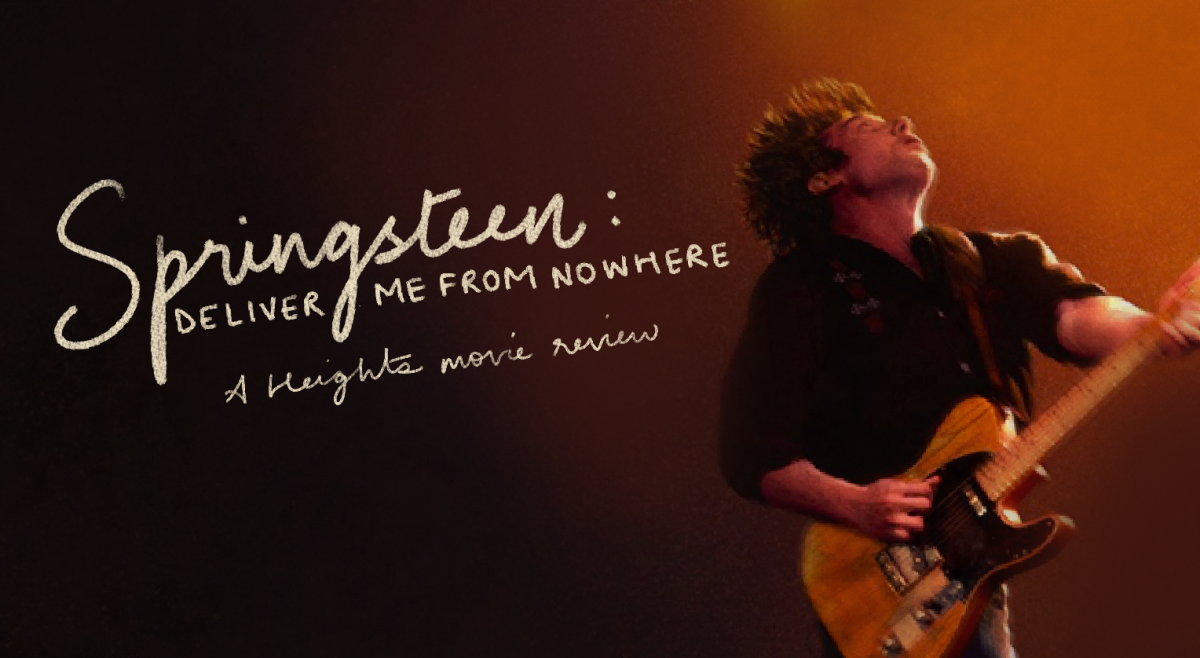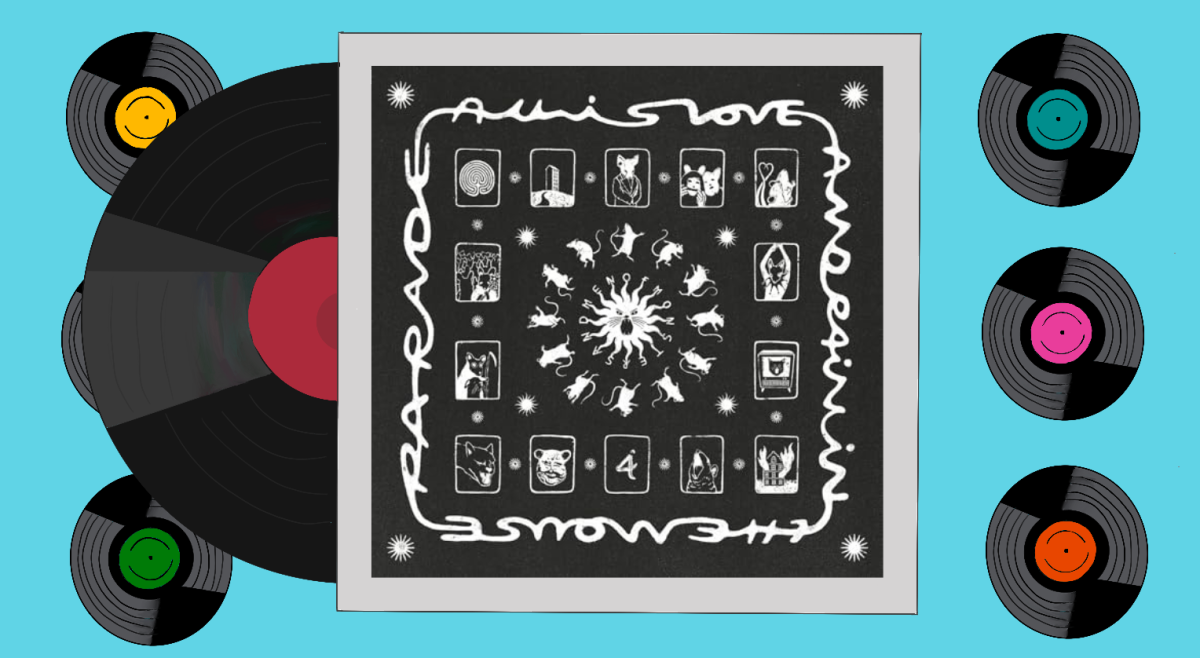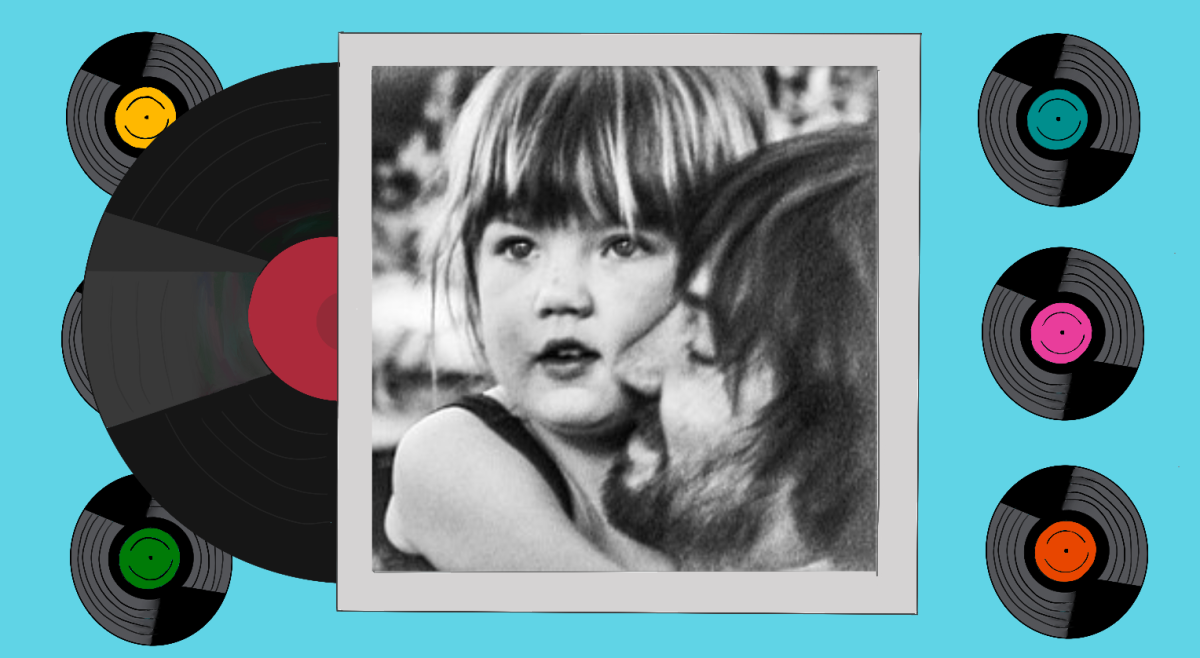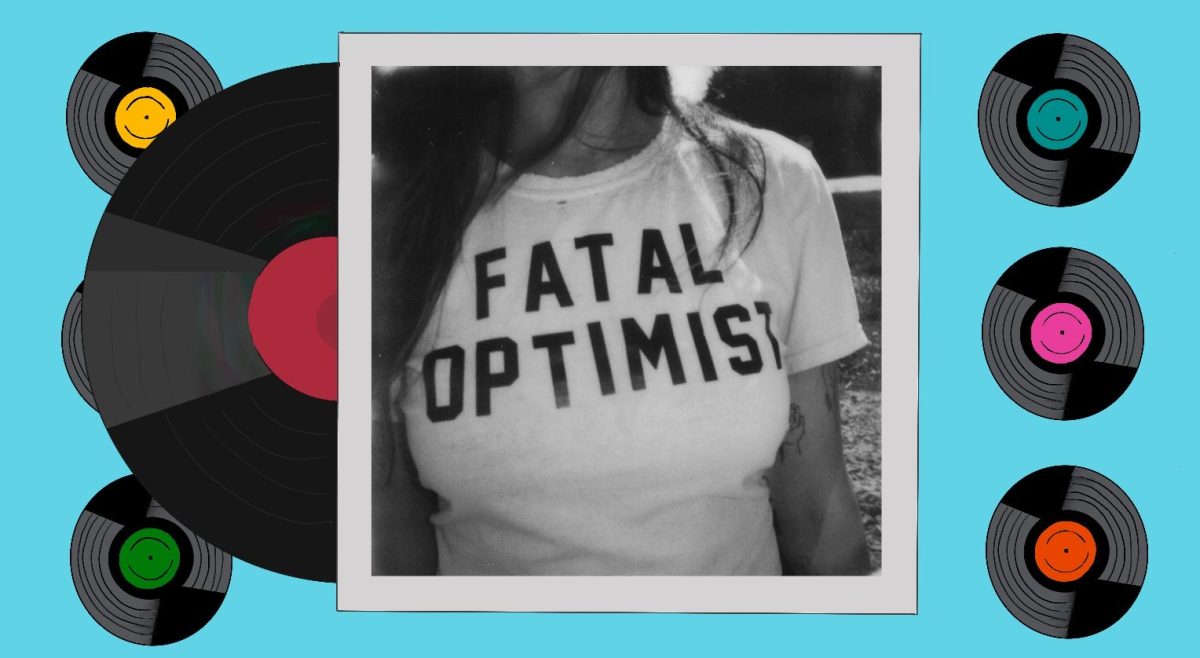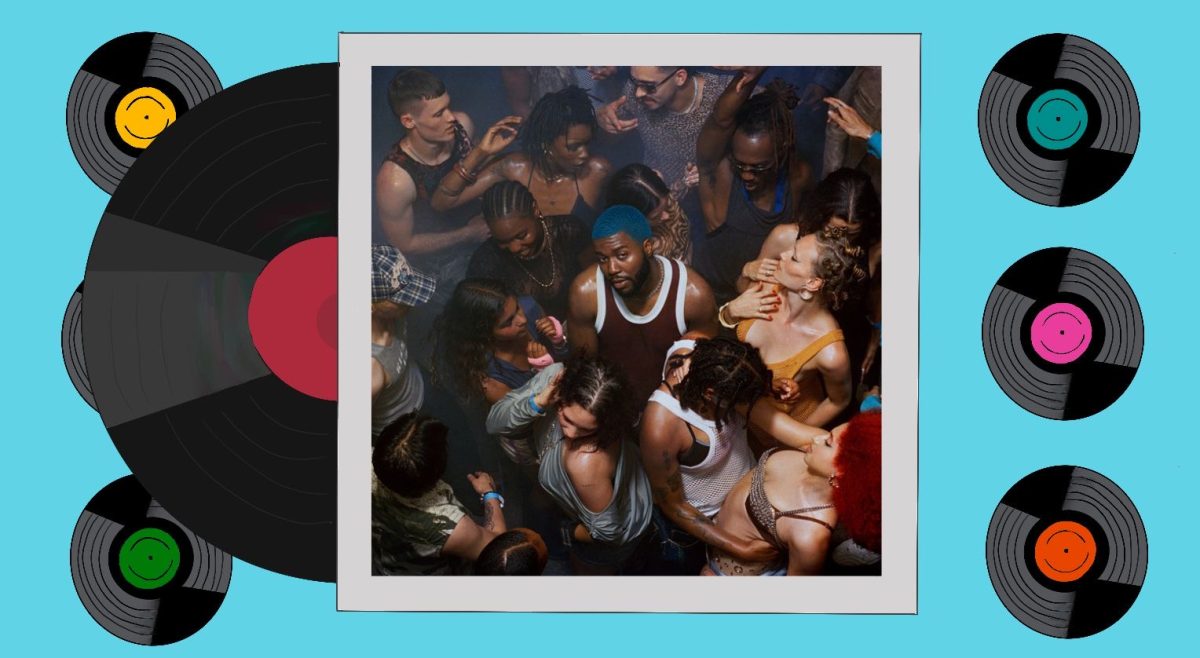★☆☆☆☆
Ed Sheeran’s new album, Play, proves he’s past his prime. Released on Friday, Sheeran’s unoriginal and overdone lyricism will make listeners want to Galway-gouge their ears out.
Following his latest album focusing on more mellow themes, Autumn Variations, Sheeran turns a new leaf with Play. The newest album highlights different music styles from various regions, such as the Middle East and Asia.
With a total of 13 songs, Play is pop-driven with hints of hip-hop and folk, making it a livelier album than past productions.
The opening song, uninspiringly titled “Opening,” begins by recounting the death of Sheeran’s best friend and his wife’s cancer battle before ending with Sheeran’s attempt at rapping.
Although Sheeran’s grief and experiences are hard-hitting, the sudden juxtaposition of two depressing events with lyrics such as “Gotta keep this Usain pace” feels slightly off.
The eighth track, “A Little More,” is yet another loosely tone-deaf song. The production is vaguely reminiscent of elevator music, with the bonus of being mixed with questionable lyricism.
Mentioning themes like death over a jazzy keyboard beat is awkward and creates, yet again, an off-putting listening experience.
“And, one day we’ll all be dead / But, between now and then / I never want to see you again,” sings Sheeran.
The lead single, “Azizam,” which has already gained popularity, is one of the few strong tracks on the album. Lyrically, the song is repetitive, with the line “get up” being dropped over 50 times in background vocals.
“In between the dancin’ lights (get up) / Be mine (get up), be mine (get up),” sings Sheeran.
The Persian instrumental influences in the production manage to elevate the otherwise minimal lyricism. The fusion of Eastern and Western sounds makes the song stand out amid the other generic pop entries.
Another single, and the first song written for Play, is “Sapphire,” which details Sheeran’s time in India, even including some lyrics in Punjabi.
While this track aims to reflect his experiences touring, it ultimately falls short. The storytelling feels surface-level, with lackluster lyrics such as “You can’t help but shine,” making the song devoid of meaningful narrative.
Sheeran continues his trend of monotonous lyrics with the fourth track, “Old Phone.” This song, unfortunately, relies on the tired metaphor of a phone as an object for reliving memories of past relationships.
“Conversations with my dead friends / Messages from all my exes,” sings Sheeran.
In the latter half of Play, Sheeran attempts to step back into what he does best: wedding reception classics. “The Vow,” however, is nowhere near the level of “Perfect” or “Thinking Out Loud.”
Dull lyrics such as “That my vow to you is to love you and never let go” highlight his efforts falling flat. Sheeran cannot seem to revisit his strongest lane without sounding like he is recycling himself.
The 13th and final track, “Heaven,” might be the worst on the album. The lyricism is reminiscent of learning basic metaphors in elementary school.
Lyrics like “Every peak we reach, we just climb higher” and “Suddenly everything’s frozen / Caught in the spell of this moment” add the cherry on top to Sheeran’s lackluster songwriting on Play.
Although streams are naturally high due to Sheeran’s worldwide popularity, Play’s overdone or outright boring lyrics make this album one of his worst. One of the main concepts for Play, drawing from different cultures, had fantastic potential, and tracks like “Azizam” or “Sapphire” offer brief glimpses of what the album could have been.


